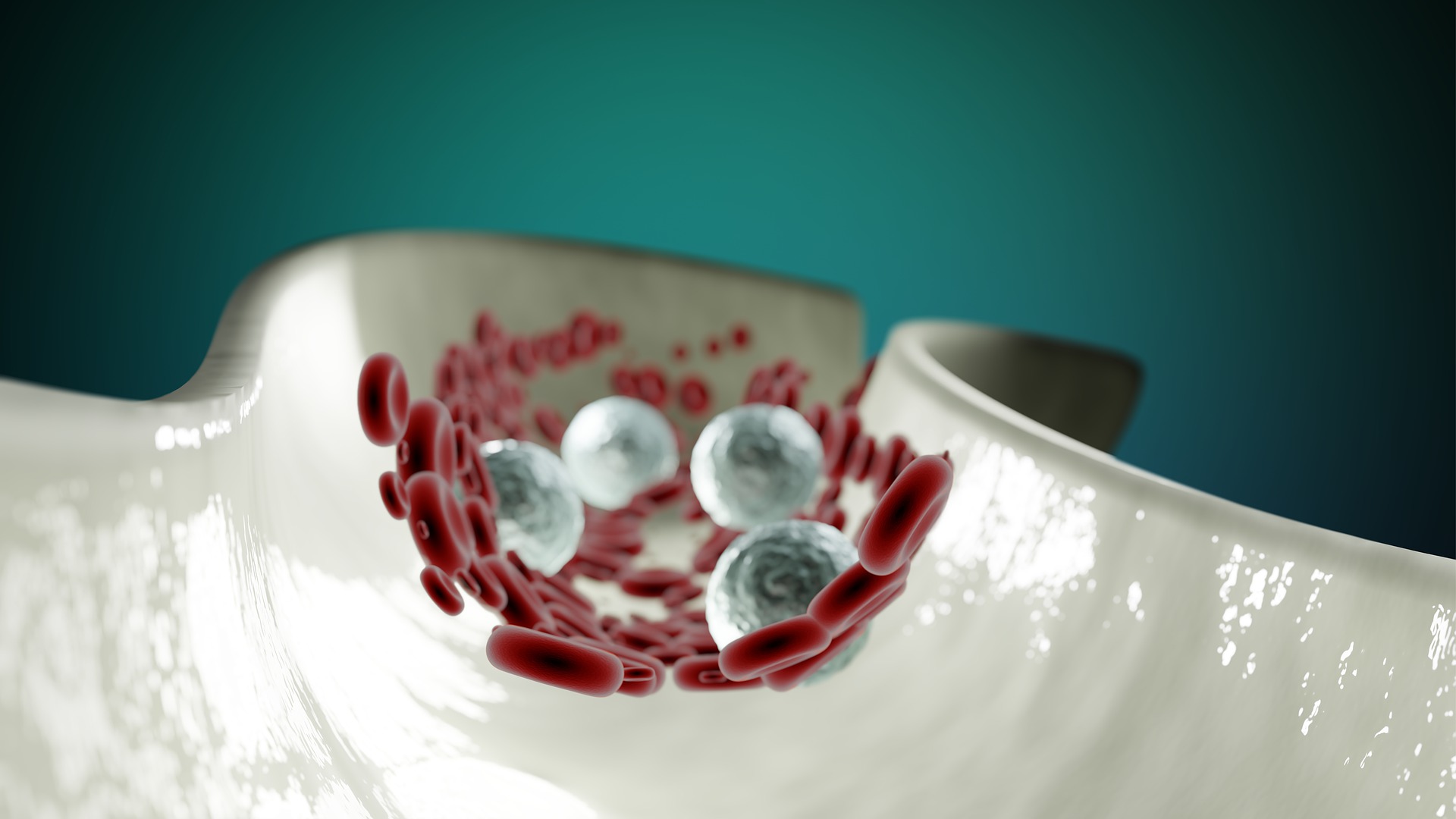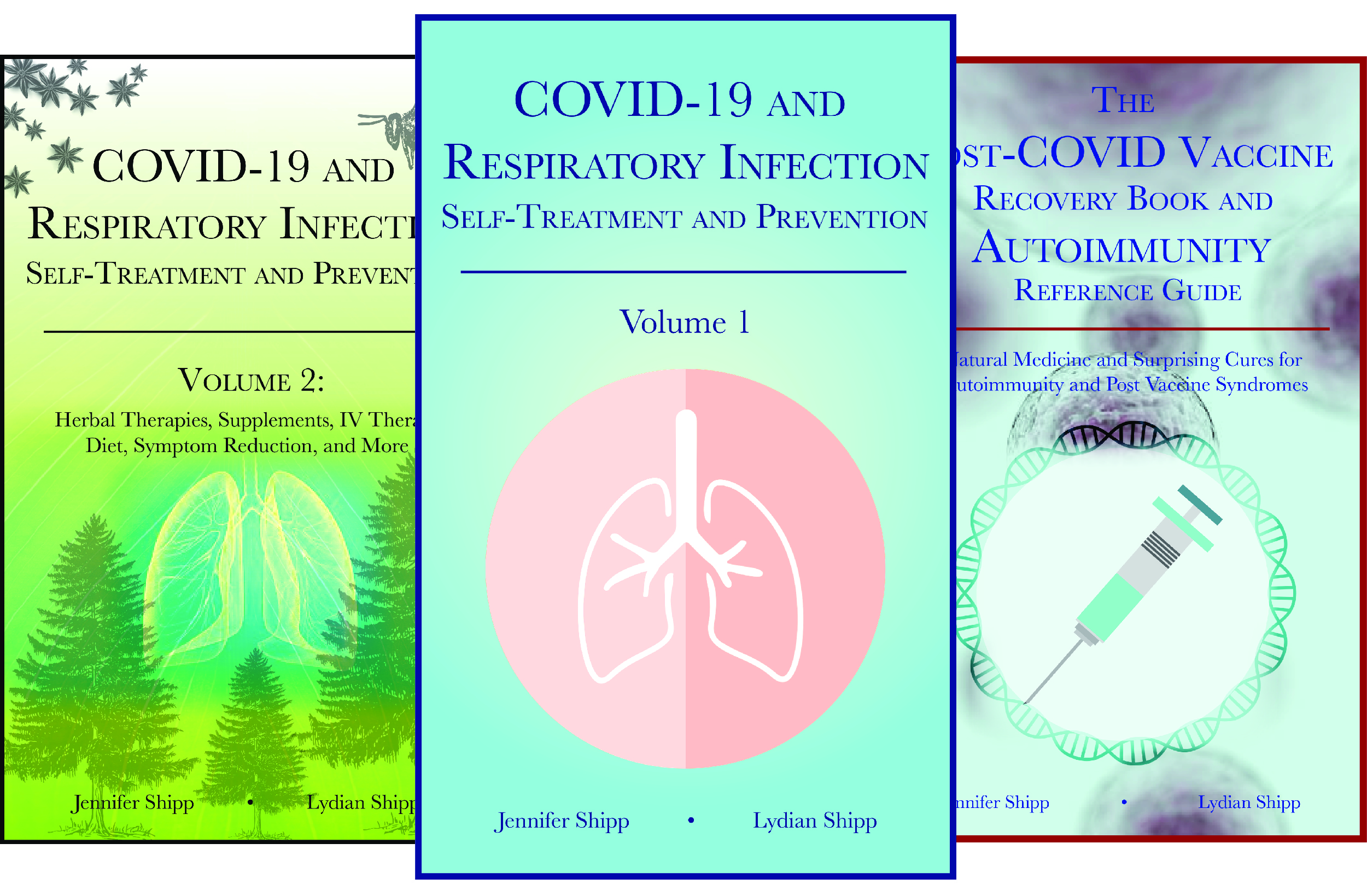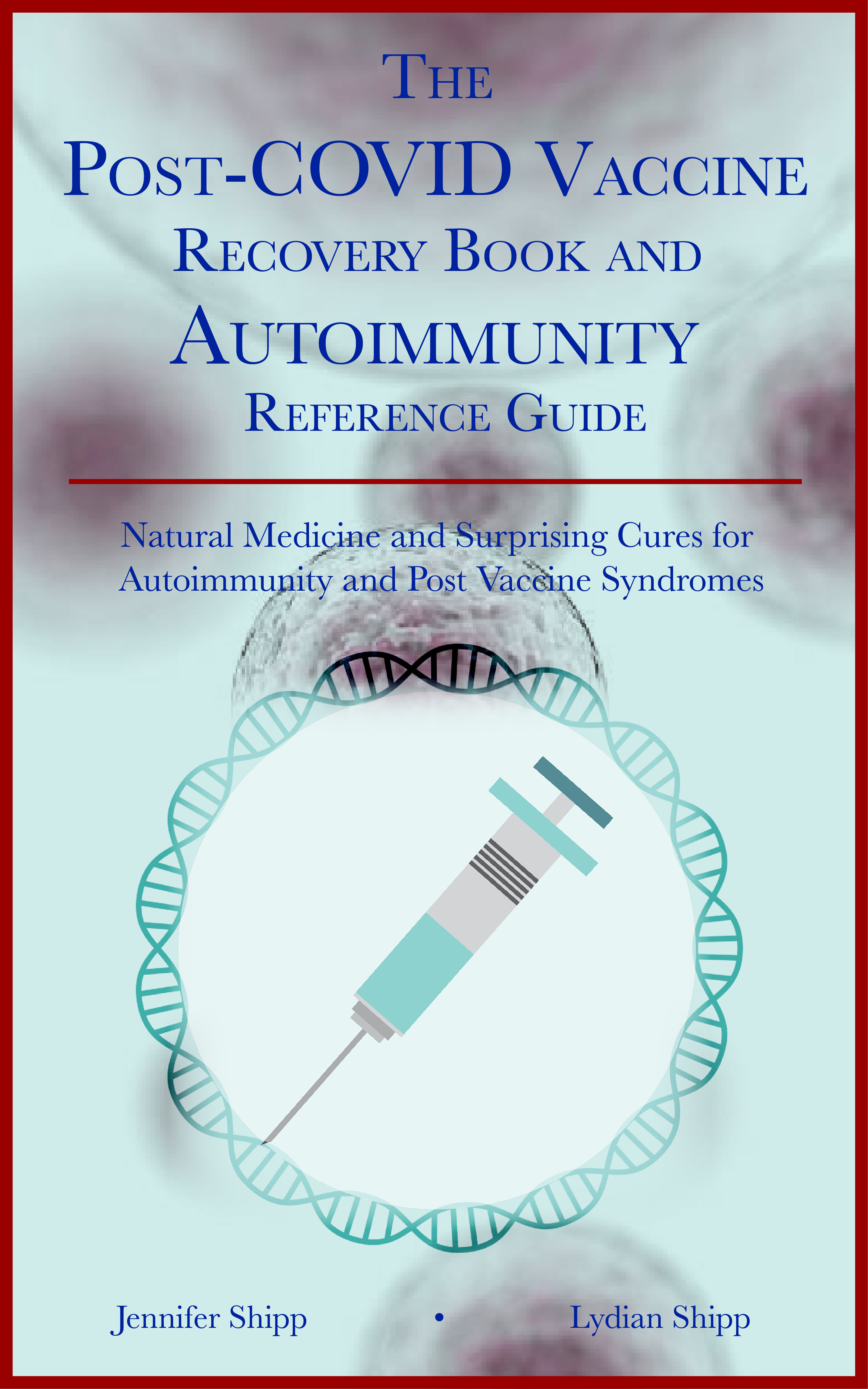 Orthomolecular Myocarditis Treatment and Vitamin Therapy for Cardiovascular Problems
Orthomolecular Myocarditis Treatment and Vitamin Therapy for Cardiovascular Problems
Venous thromboembolism and venous sinus thrombosis both refer to blood clotting in the brain that can lead to seizures, stroke, and other similarly serious problems. Cardiomyopathies like myocarditis are related to these, as are most other cardiovascular problems. Dyslipidemia, or a buildup of fats in the blood, is generally considered a risk factor for venous thromboembolism and other cardiovascular problems, so treatments that can reduce fat accumulation in the blood are considered therapeutic and preventative for people who already have this health problem or who are at risk of developing blood clotting disorders or cardiovascular disease.
Vitamin B5, otherwise known as pantothenic acid, has been scientifically tested for its ability to treat dyslipidemia. One study compared pantethine (a natural form of pantothenic acid) and CoA’s (coenzyme A) ability to reduce the triglyceride and lipoprotein content in blood in patients with dyslipidemia. The study demonstrated that both the pantethine and CoA were effective as treatments for dyslipidemia, but noted that CoA was more effective overall as a treatment. Since (in this case) CoA is the primary player in the reduction of dyslipidemia factors, it makes sense that supplementing directly with this coenzyme would produce better results than only supplementing with vitamin B5 (which is CoA’s precursor). However, it also stands to reason that larger doses of vitamin B5 may still have a significant positive effect on the treatment of dyslipidemia in patients who are unable to obtain CoA supplements.
Vitamin B6 is another vitamin that may help treat and prevent venous thromboembolism (VTE). In patients with VTE, experts have noted higher levels of homocysteine as well as lower levels of vitamin B6, vitamin B12, and vitamin B9. Because vitamin B6 in particular plays a significant role in the management of proper homocysteine levels, this suggests that a mild to moderate deficiency in vitamin B6 (as well as in vitamins B12 and B9) may eventually lead to the development of VTE if left untreated. Additionally, in people who already have developed VTE, IV or supplement therapy with vitamin B6 may be able to reverse this, especially if vitamin B6 is combined with the other B-complex vitamins (vitamins B12 and B9 in particular, but also vitamin B5 and B3 and the other B vitamins whenever possible).
Blood clotting throughout the body is another serious problem linked to the COVID-19 vaccine and other vaccines. Since supplements like these B vitamins can reduce homocysteine levels and thus also reduce the lipid levels in the blood, they may help prevent this post-vaccine symptom and the accompanying problems it can cause, including heart attacks, strokes, organ failure, and pain and/or numbness, among others.
Cardiomyopathy is another common symptom seen following COVID-19 vaccination in particular. Pericarditis and myocarditis are both seen in individuals of all ages after vaccination. Vitamins B1 and B3 are linked to the treatment and prevention of these cardiomyopathies, as are carnitine, taurine, selenium, and CoQ10 (I’m only going to discuss vitamins B1 and B3 here, but you may read the study here if you’d like to know more about these other nutrients).
Vitamin B1 deficiency, when it manifests in its “wet” form, can cause cardiac problems and disturbances. Symptoms such as heart arrhythmias, hypertrophy, and cardiac dysfunction are all observed in thiamine deficiency. Patients with heart failure have been given between 1.5mg to 200mg of thiamine daily for the treatment of these cardiac issues, with success being visible even at the lower dosage (though in the case of a deficiency, a higher dose is recommended until the patient’s nutrient levels are sufficiently replenished and their symptoms have disappeared).
 COVID-19 and Respiratory Infection Self treatment and Prevention BUNDLE - Volumes 1, 2, and 3
COVID-19 and Respiratory Infection Self treatment and Prevention BUNDLE - Volumes 1, 2, and 3

The Post-COVID Vaccine Recovery Book and Autoimmunity Reference Guide

Related Posts:
Resources:




































